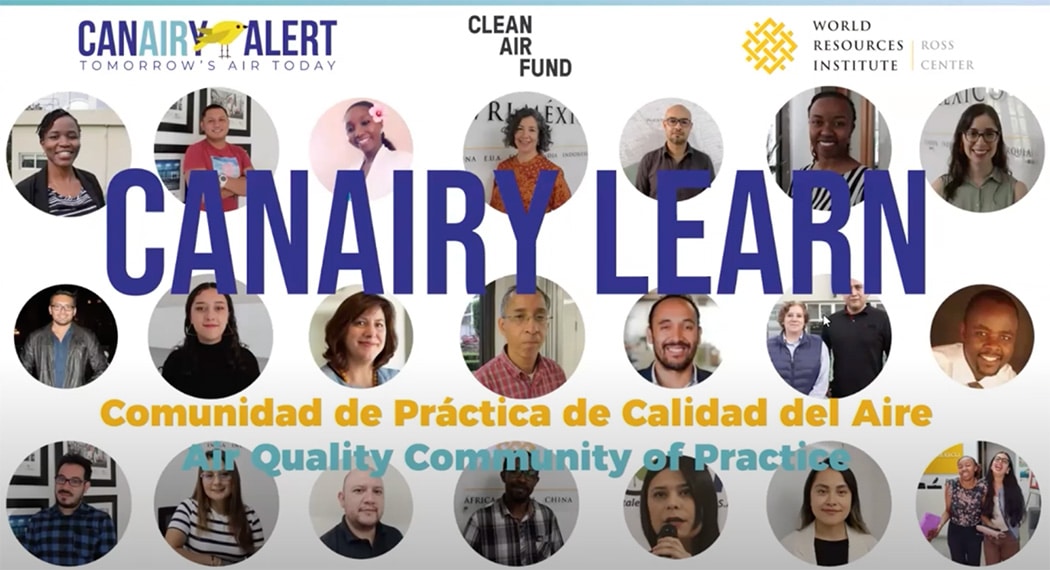Car-Free Friday (CFF) is an ongoing initiative in the city of Sao Paulo, Brasil that restricts the use of single occupancy vehicles, heavy-duty trucks, and motorcycles from certain streets on the last Friday of every month. It is critical to measure the variety of impacts, including air quality, of these initiatives because it can help provide objective evidence and backing for city officials to expand CFFs to different parts of the city and to other days of the week.
The current state of air quality monitoring in Brasil shows a lack of necessary resources to properly maintain the system. This is also true in many other cities, where the high up-front and back-end costs are a barrier to a sufficient geographic coverage of monitoring stations across their airshed. The lack of coverage makes it difficult for officials to act timely and effectively on air quality challenges. This problem highlights the importance of piloting low-cost sensors to compliment traditional monitoring stations with the aim of increasing the system capacity.
In this webinar we learn from WRI Brasil’s low-cost sensor pilot project that measured the impacts of CFF on Sao Paulo’s air quality. This pilot included a citizen survey to understand the public perception of these sensors. We will review the lessons learned, including to do’s and not to do’s, from the integration of low-cost sensors into the cities monitoring system and the community engagement that followed.
Speaker: Cristina Albuquerque, Urban Mobility Manager – WRI Brasil
Cristina is the Urban Mobility Manager for WRI Brasil’s Cities Program. She works to transform the transport system in Brazil’s cities to cleaner and more efficient means. This increases the quality of public service and reduces environmental impacts. Cristina provides advice and support to cities designing and implementing low-carbon, high efficient transport solutions and policies, including electrification of the transport sector, transport demand management, new sustainable mobility, among others. Cristina is also one of the WRI representatives in the BRT Center of Excellence.



